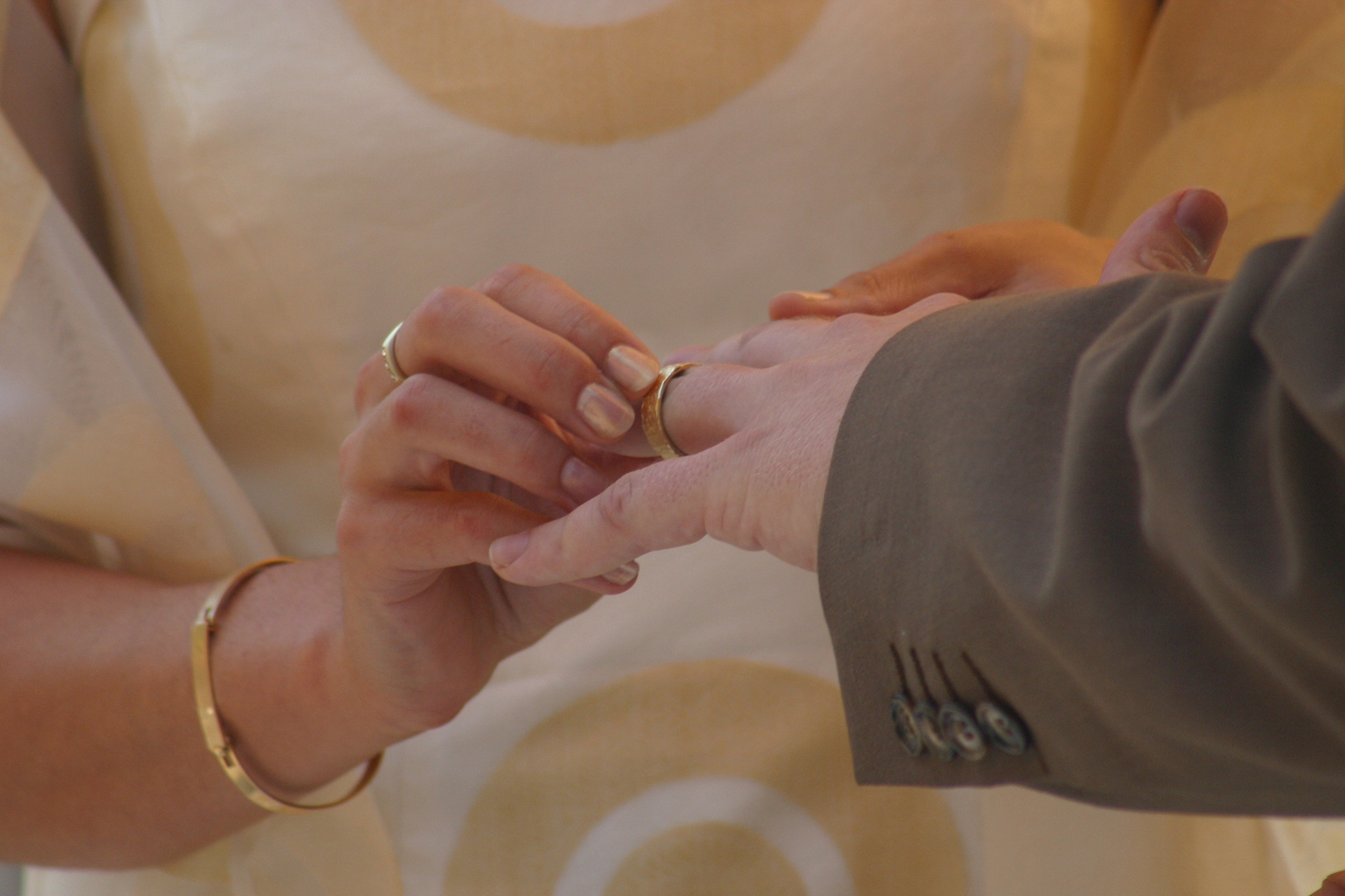Thinking of tying the knot in the Netherlands? While weddings are often considered as simple as saying “I do”, it is important to understand the legal requirements and follow the correct process to ensure that your marriage is legally valid in the Netherlands.
This article provides all the information you need to ensure your wedding complies with Dutch laws, and to avoid the risk of your marriage being declared invalid in the future.
1. Are expats allowed to get married in the Netherlands?
Yes, expats are permitted to marry in the Netherlands, if they are legally residing in the country, regardless of their nationality.
If one of the parties is Dutch, the marriage requirements are even less strict. The residence requirement does not apply, and the nationality of the other fiancé has no influence on their ability to marry in the Netherlands. The same applies for EU/EEA nationals.
However, all couples must meet the following general requirements to get married in the Netherlands:
- Both parties must be 18 years of age or older (Article 1:31 Burgerlijke Wetboek);
- Both parties must be unmarried and not in a registered partnership (Article 1:33 and Article 1:42 Burgerlijke Wetboek);
- The parties cannot be blood relatives (article 1:41 Burgerlijke Wetboek).
Do you meet these basic criteria? Let us then look at the documents you will need to gather before you can start planning your big day.
2. What documents do you need to get married in the Netherlands?
In line with most countries, both parties will need to provide proof of identity, such as birth certificates and passports. If any documents were issued in another country, be sure to check with your local municipality whether your documents must be translated or legalised.
Expats will also need the following additional documents:
- A residence permit (for non-EU nationals);
- A certificate of unmarried status to prove that you have never been married or are not in a registered partnership in any other country. If previously married, you will need to provide a divorce certificate or death certificate; and
Once all the necessary documents are in order, you can go to the municipality where you are registered and inform them of your intent to marry. In accordance with Article 1:62 (1) of the Burgerlijke Wetboek this should be done no later than 14 days before your intended wedding date. Once your intention to marry has been filed, you have 12 months to get married. If you do not marry within this 12 month period, the municipality will consider your notice invalid.
3. Requirements for a marriage to be legally valid in the Netherlands
For your marriage to be legally valid in the Netherlands, certain requirements must be met in terms of the ceremony and the participants.
3.1. Gathering witnesses to sign the marriage certificate
You will need at least two people to act as witnesses and sign your marriage certificate. Their nationality does not matter, but they must be 18 years or older. You must ensure that copies of their passports are submitted to the municipality when giving notice of your intention to marry.
3.2. Where can the wedding ceremony legally take place?
In order to be legally recognised, your marriage must take place in a civil ceremony conducted by a Dutch wedding officiant. A civil wedding ceremony normally takes place at the town hall.
The ceremony can be held in any language, but the official part must be conducted in Dutch, as required by Dutch law.
If you prefer to hold the ceremony elsewhere, this is also possible, but it will involve additional fees and requires the municipality’s approval. Religious ceremonies may be held after the civil ceremony has taken place.
4. Important things to consider before getting married
4.1. Consider a prenuptial agreement
Since 2018, a marriage in the Netherlands will automatically be considered to have taken place in “limited community of property”. This means that debts and assets acquired during the marriage will be shared, but assets or debts you had prior to the marriage remain your own (Article 1:94 Burgerlijke Wetboek).
If you want a different arrangement, such as keeping your assets and debts separate, you will have to execute a prenuptial agreement with a notary before your wedding. This agreement must be submitted along with your marriage notice to the municipality.
It is of utmost importance that the prenuptial agreement accurately reflect both parties’ wishes regarding the matrimonial property regime. Our notaries have years of experience with executing prenuptial agreements and can help guide you through the process.
4.2. Be aware of the Aliens Police
If you are a non-Dutch national marrying someone who holds Dutch nationality, the IND (Immigration and Naturalisation Service) might request an investigation from the vreemdelingenpolitie (Aliens Police) to verify that the relationship is genuine. This is to prevent marriages solely for residency purposes.
To confirm that your marriage is not intended as a means of obtaining Dutch residency, you will need to submit a personal declaration form as mentioned earlier.
5. Legal implications of getting married in the Netherlands
Once you have tied the knot, certain legal consequences apply:
5.1. The right to abstain from testifying
As a married couple, you are generally not required to testify against your spouse in legal proceedings. You also have the right to refuse to provide evidence against your spouse’s family.
5.2. The reciprocal duty of maintenance
Under Dutch law, spouses have a reciprocal duty to financially support each other. Even if the marriage ends in divorce, one spouse may be required to financially support the other if they cannot sustain themselves.
5.3. The right to inherit
Married couples automatically become each other’s legal heirs. However, it is also possible to create a will that designates someone else as your beneficiary.
5.4. Right to pension
Under Dutch law, each spouse has a right to the pension accrued by the other spouse during the course of their marriage. Therefore, in the event of the dissolution of the marriage, the pension rights are typically divided between the two spouses. This division can be avoided by waiving this right in a marriage contract, partnership agreement or divorce settlement.
Deciding to marry is a significant step, and it is essential to fully understand the legal implications of marriage in the Netherlands. If you have any questions about the marriage process or the legal consequences under Dutch law, our legal experts are here to offer guidance.



